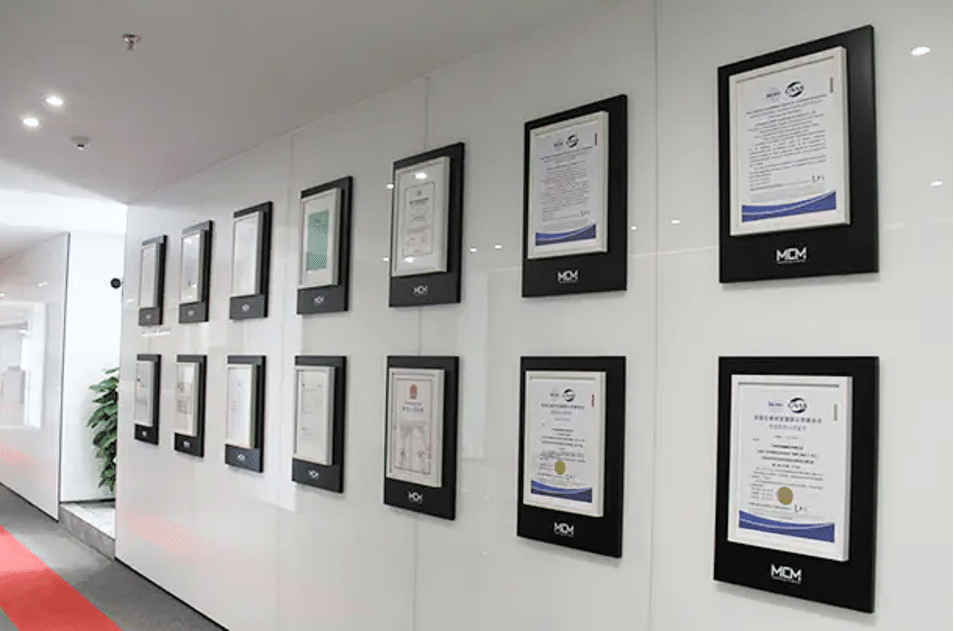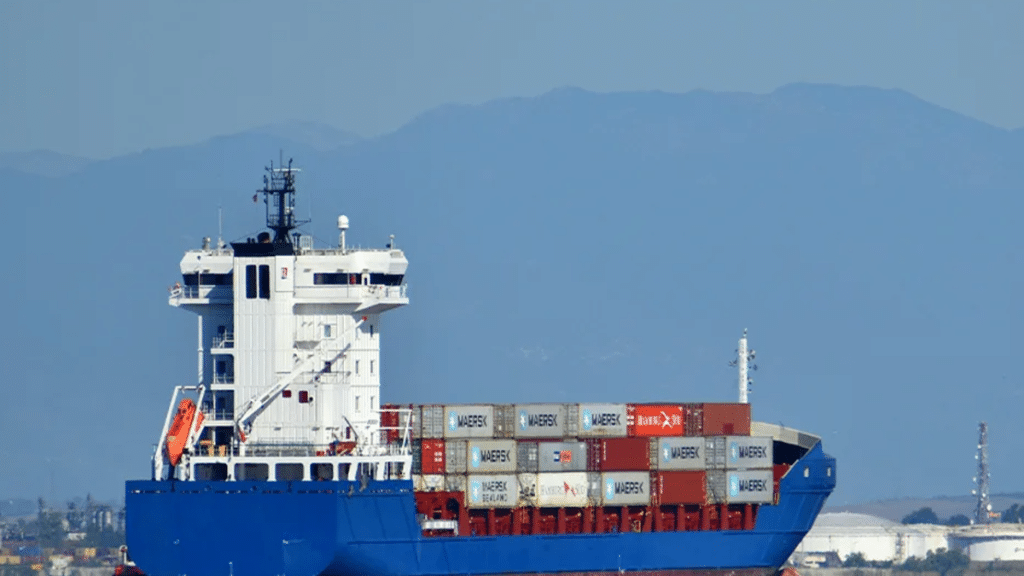Why do your lithium batteries get stopped at customs? It’s usually because the package lacks proof that the cells passed the UN 38.3 certification tests, an indispensable safety approval required by transport rules that classify lithium batteries as Class 9 dangerous goods. Without that proof, customs officials assume your battery cells haven’t passed critical safety tests, such as altitude simulation, thermal cycling, vibration, shock, short-circuit, and impact, and may hold or reject your shipment.
In this article, we’ll break down what UN 38.3 really means, why it’s essential for global battery shipments, and how you can avoid costly delays.
What Is UN 38.3?
What the Rule Covers
UN 38.3 is a transport safety standard that defines how lithium cells and batteries must be tested to ensure they are safe to ship as Class 9 dangerous goods.
It outlines eight rigorous tests — altitude simulation, thermal, vibration, shock, external short circuit, impact/crush, overcharge, and forced discharge — that every new battery design must pass before it can be transported by air, sea, road, or rail.
Once the battery successfully passes all tests, the manufacturer must issue a UN 38.3 Test Summary, a mandatory document that should accompany each shipment to prove compliance.
Where It Comes From
The regulation originates from Sub-section 38.3 of the UN Manual of Tests and Criteria, developed by the UN Committee of Experts on the Transport of Dangerous Goods and currently in its eighth revised edition.
This manual sets out the testing purpose, sample requirements, preconditioning procedures, and acceptance criteria, enabling regulators around the world to adopt the standard by reference rather than drafting their own.
Whenever a new battery design is introduced or the manual is updated, a fresh UN 38.3 certification is required to ensure continued compliance and legal shipment.
Why Compliance Is Mandatory
Except for a few limited exemptions, such as prototypes or small-quantity shipments, UN 38.3 certification is legally required for virtually all lithium battery shipments. This applies whether the batteries are shipped alone, packed with equipment, or installed in devices.
The same requirement is embedded in the transport regulations of the U.S., Canada, the European Union, and many other regions. As a result, carriers routinely reject or penalize non-compliant cargo.
What Does UN 38.3 Lithium-Ion Battery Testing Include?
| Test | Name | Simulated risk |
| T.1 | Altitude simulation | Low-pressure conditions, such as those in unpressurized aircraft cargo compartments. |
| T.2 | Thermal test | Extreme temperature cycling between -40 °C and +75 °C to assess structural integrity. |
| T.3 | Vibration | Repeated vibrations along three axes to simulate road, rail, and air transport. |
| T.4 | Shock | Sudden mechanical shocks that imitate drops or collisions. |
| T.5 | External short-circuit | Direct terminal short to verify resistance to fire, explosion, or rupture. |
| T.6 | Impact / Crush | Severe mechanical stress from heavy impact or crushing to test cell casing strength. |
| T.7 | Overcharge | Charging well beyond rated voltage to check protection circuits. |
| T.8 | Forced discharge | Full discharge under load to assess risk of thermal runaway from reverse current. |
All eight tests work together to mimic the bumps, pressure drops, heat swings, and electrical faults that can happen while a battery is shipped. Passing UN 38.3 certification shows the battery can survive ordinary transport stresses without leaking, catching fire, or short‑circuiting.
Who Needs UN 38.3 Certification—and What Happens If You Don’t Have It
Who Typically Needs UN 38.3 Certification
- Battery manufacturers – Must test each cell, battery, and battery pack design to meet UN 38.3 requirements before shipment or sale.
- Device brands/OEMs – Need the same proof when shipping products with integrated lithium batteries.
- Exporters & freight forwarders – Need to include the UN 38.3 Test Summary to facilitate customs clearance worldwide.
- Amazon (and other marketplaces) sellers – Required to upload the certification summary before listing lithium battery products.
Common Misunderstandings
- Misunderstanding: Small batteries like coin cells or power banks are exempt from UN 38.3.
Reality: Exemptions may reduce labeling or paperwork requirements, but all batteries, regardless of size, must still pass the full set of UN 38.3 safety tests. A valid Test Summary must be available upon request.
- Misunderstanding: Once a battery design passes UN 38.3, it never needs to be tested again.
Reality: UN 38.3 certification is design-specific, not permanent. If the battery design changes, production moves to a new facility, or the UN Manual is updated, retesting is often required to maintain compliance.
What Happens If You Skip It
- Shipments blocked – Customs or airline DG screeners will hold or return the cargo.
- Carrier rejection – UPS, FedEx, DHL, and others refuse parcels without proof.
- Platform delisting – Online marketplaces suspend or delete non‑compliant listings.
How to Get UN 38.3 Certification
Four Quick Steps
- Sample preparation: Label, age, and charge the battery according to UN requirements.
- Testing: Run the above-mentioned eight tests in sequence. Moreover, you can also consider the 1.2m Drop Test as well as the 3m Stacking Test, if applicable.
- Report: Compile the UN test summary that shippers can request on demand.
- Certification: Submit the summary to carriers or authorities to clear transport.
Why You Need a Third‑Party Lab
Lithium batteries are classified as Class 9 dangerous goods, and regulators require independent proof of safety. Self-issued reports are not accepted by airlines or carriers due to liability concerns.
Accredited third-party labs, such as those certified under ISO/IEC 17025, CNAS, or A2LA, provide globally recognized test reports that help you clear customs smoothly, reduce shipment risks, and avoid costly delays.
Why MCM?
With over 18 years of industry experience, MCM is a trusted third-party organization specializing in lithium battery transport safety. Their UN 38.3 test reports are globally accepted and recognized to help you clear customs faster, reduce risk, and ensure smooth logistics.
- Accredited and reliable certification: MCM holds ISO/IEC 17025, 17020, and 27001 accreditations, proving its technical expertise, independent testing integrity, and strict data security, ensuring you receive trusted, globally recognized UN 38.3 certification.
- Smooth customs clearance: MCM’s UN 38.3 certificates are accepted by major airlines, freight companies, and cargo hubs worldwide. This broad recognition allows you to speed up customs clearance and ensure smooth transport across global markets.
- Experienced team: Founded by Mr. Mark Miao, a key contributor to China’s lithium battery transport standards, MCM has built an experienced team. Together, they provide reliable guidance, fast certification, and minimize compliance risks.
- Proven success record: Having issued over 80,000 UN 38.3 reports and certificates, MCM is a trusted partner for manufacturers and exporters worldwide, helping them meet global regulations and successfully expand into international markets.

Don’t Let Compliance Delay Your Shipment
UN 38.3 certification is your passport to hassle-free shipping—proving your batteries can handle pressure, temperature swings, vibration, shocks, and electrical faults. If you design or export cells, getting tested early helps you avoid costly shipment holds and fines.
Trusted worldwide, MCM offers comprehensive UN 38.3 testing and certification, delivering the test summaries you need to keep your shipments on the move without interruption. Need reliable lithium battery shipping certification? Contact MCM today to get started.
